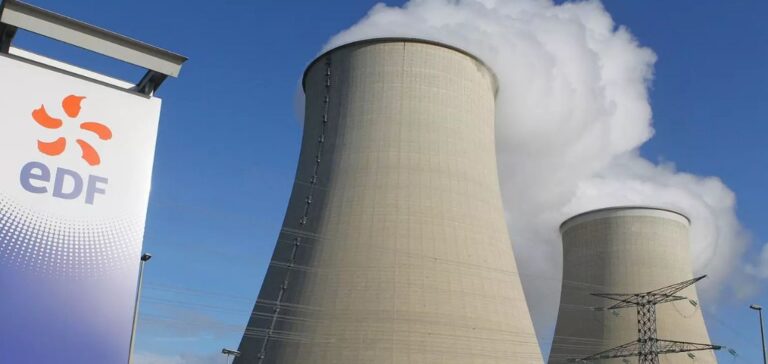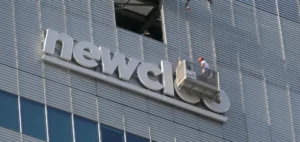EDF and Crédit Agricole CIB announce the signature of a €1 billion loan dedicated to the financing of the French nuclear fleet.
A first transaction
EDF and Crédit Agricole CIB sign the first transaction with funds to support investments in the nuclear business The operation is part of the major industrial program of the Grand Carénage. It will improve safety and continue the operation of French nuclear reactors beyond 40 years.
In addition, the French nuclear fleet produces electricity that is very low in carbon. According to EDF, it emits 4g CO2 equivalent per kWh over its life cycle. In addition, this transaction is in line with EDF’s Green Financing Framework of July 2022
The transaction is subject to an independent second opinion by CICERO Shades of Green. Thus, it meets the best practices of the Green Loans market. In addition, since 2018, is committed to achieving the goal of carbon neutrality by 2050.
A strategic partnership
EDF has set other objectives for reducing greenhouse gas emissions by 2030. Its plan includes milestones to 2023. It covers both its direct emissions (scope 1) and its indirect emissions (scope 2 and 3).
Therefore, the operation targeting the nuclear fleet will provide benefits to the energy transition. Xavier Musca, Chief Executive Officer of Crédit Agricole CIB, said:
“We are proud to accompany EDF in this major transaction that significantly contributes to the country’s energy security and confirms our shared goals of decarbonization and alignment with the Paris Agreement’s Net Zero trajectory.”
Xavier Girre, Group Executive Vice President in charge of EDF’s Finance Department, also states:
“This new transaction is proof that EDF continues to innovate with its green finance tools and reaffirms the major role of nuclear energy in the fight against global warming.”
This agreement underscores the Crédit Agricole Group’s interest in EDF’s projects, which have a strong economic impact on the French regions. Thanks to the innovation of technologies within the framework of an energy transition, this agreement reaffirms the major role of the French nuclear fleet. In addition, EDF is also involved in the construction of new reactors, such as in Penly in the Seine Maritime region.





















